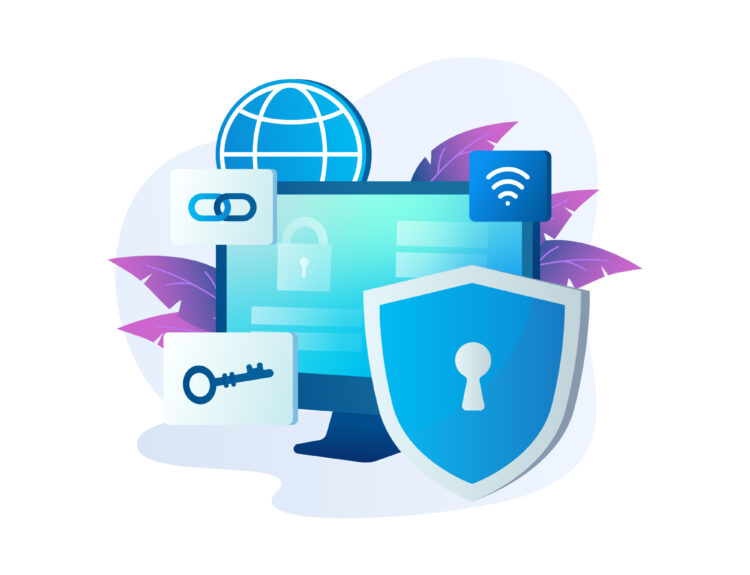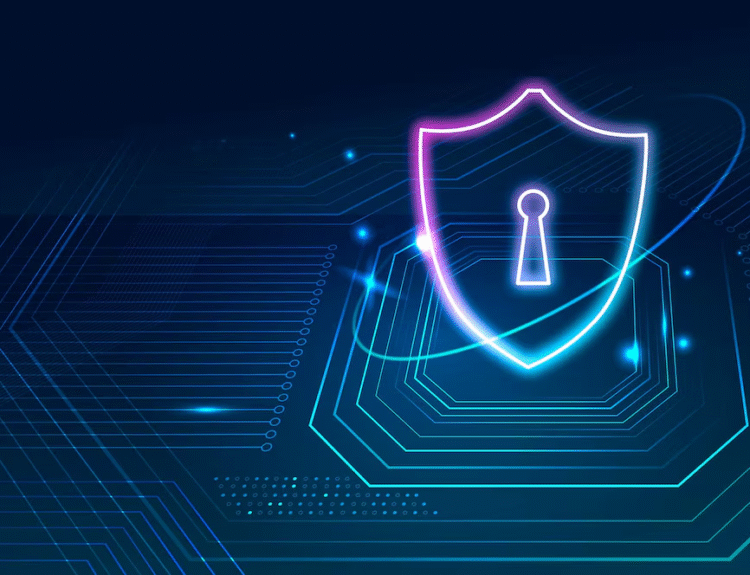Alright, cybersecurity enthusiasts, let’s dive into something a little unnerving. I stumbled upon some intel regarding a group known as Golden Chickens, and their latest malware shenanigans. They’ve rolled out updated versions of their tools, and it’s time we unpack what they’re up to and what it means for your digital safety.
What’s New with Golden Chickens? Two New Malwares
Golden Chickens aren’t exactly new to the threat landscape, but they’re definitely not resting on their laurels. According to Recorded Future Insikt Group, these guys have been busy cooking up two new malware families: TerraStealerV2 and TerraLogger. It sounds like they’re committed to expanding and improving their capabilities. TerraStealerV2 is what we’re focusing on today, and it’s designed to pilfer your browser credentials, crypto wallet data, and even information from your browser extensions.
Why should you care? Well, consider how much of your life is tied to your browser and your digital wallets. From your banking logins to your social media accounts and crypto investments, a successful attack could give malicious actors access to pretty much everything. According to a 2023 report by Chainalysis, over $3.8 billion was stolen in crypto-related scams. With new malware like TerraStealerV2 surfacing, it’s more important than ever to protect your digital assets.
TerraStealerV2: How Does It Work?
TerraStealerV2 is built to quietly extract sensitive data from your system. It targets the information stored by your web browsers, such as usernames, passwords, and autofill data. Then, it goes after cryptocurrency wallets, attempting to grab private keys and other crucial details. It also seeks to snag information from your browser extensions.
The attack usually happens without you knowing. Once they get in, they’re after anything valuable. For example, if you’re like 84% of internet users, you use browser extensions to enhance productivity or security but are you sure all those extensions are safe? TerraStealerV2 could exploit those extensions and turn that added functionality against you.
How Can You Defend Yourself?
I’m sure you’re wondering, “Okay, that sounds scary. What can I do about it?”
- Use Strong, Unique Passwords: It sounds simple, but password managers are your friend. According to a Verizon report, 81% of hacking-related breaches leverage either stolen and/or weak passwords.
- Enable Two-Factor Authentication (2FA): Add an extra layer of security. Even if your password is compromised, 2FA can stop attackers in their tracks.
- Keep Your Software Updated: Regularly update your operating system, browsers, and extensions. Security updates often include patches for vulnerabilities that malware can exploit.
- Be Careful What You Click: Phishing emails are still a prevalent attack vector. Always double-check links before clicking.
- Use a Reputable Antivirus: A solid antivirus program can detect and block malware before it can do any harm.
Key Takeaways
Alright, let’s boil this down. Here are the key takeaways from Golden Chickens’ new TerraStealerV2 malware:
- Golden Chickens are evolving: They are actively developing new malware to enhance their capabilities.
- TerraStealerV2 targets key data: It focuses on browser credentials, crypto wallets, and browser extensions.
- Browser extensions can be a vulnerability: Be cautious about the extensions you install and keep them updated.
- Basic security practices matter: Strong passwords, 2FA, and up-to-date software can significantly reduce your risk.
- Awareness is crucial: Staying informed about new threats is the first step in protecting yourself.
FAQs
What exactly is TerraStealerV2?
TerraStealerV2 is a new malware strain developed by the Golden Chickens group. It is designed to steal browser credentials, cryptocurrency wallet data, and information from browser extensions.
How can I protect my crypto wallets from this type of malware?
Use hardware wallets, enable multi-factor authentication, keep your software updated, and be cautious of suspicious links and downloads.
Are browser extensions really a security risk?
Yes, malicious or poorly coded browser extensions can be exploited to steal data or compromise your system. Only install extensions from trusted sources and keep them updated.
What should I do if I suspect my system is infected with malware?
Disconnect from the internet, run a full scan with a reputable antivirus program, and consider consulting with a cybersecurity professional.






